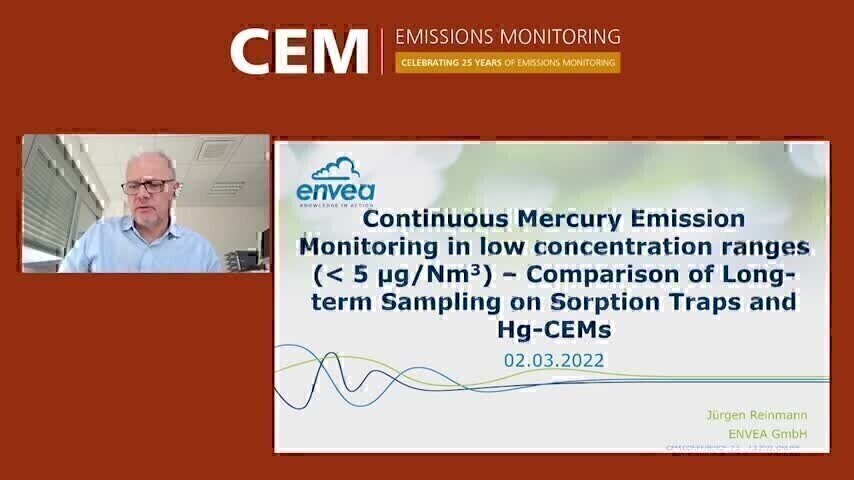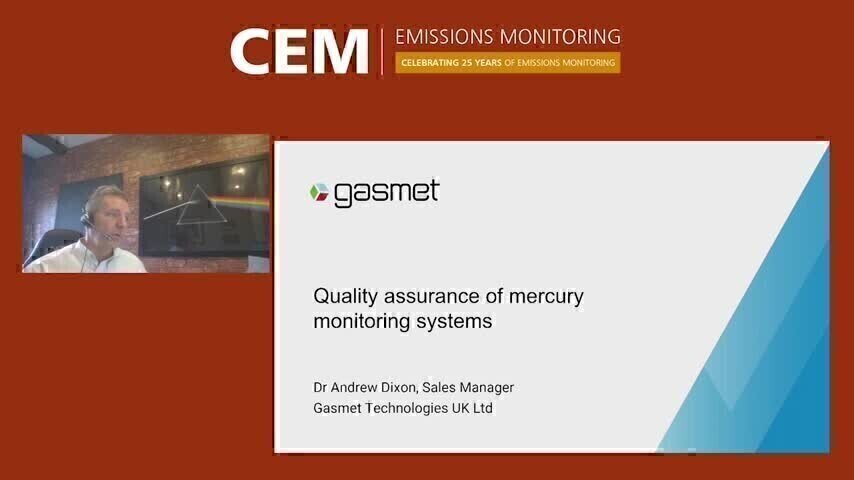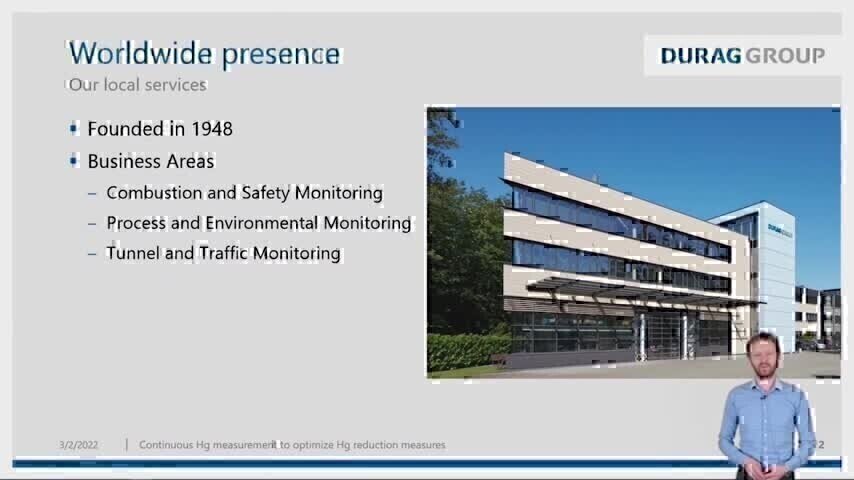E-Learning
Videos
Past Events
There is both considerable opposition and support for unconventional hydrocarbon extraction, commonly known as 'fracking'. Opposition and hesitancy focuses on two primary issues: 1) aquifer contamination and 2) the increased greenhouse gas (GHG) footprint associated with such activity, particularly the fugitive CH4 emissions, but also CO2 associated with the CH4 can also be released. The occurrence of aquifer contamination is likely to be heavily-monitored as significant regulation generally...
Environmental sustainability has become one of the most relevant drivers for the future evolution of the energy mix in most countries. Carbon dioxide is the main greenhouse gas emitted by human activities, but it is not the only pollutant capable of causing harm to people and the planet. Natural gas presents clear advantages in terms of lower GHG emissions from combustion compared to other fossil fuels. However methane emissions along the entire value chain have been pointed out as a relev...
The use of natural gas in global energy systems has increased substantially over the last decade as countries are driven toward decarbonisation. Natural gas exhibits lower combustion emissions than coal or oil, but life cycle supply chain emissions are significant and highly variable. In particular, methane is the main constituent of natural gas and is itself a very strong greenhouse gas. Results from methane emissions studies are often conflicting and vary widely, rendering average emission...
Infrared (IR) gas finder cameras are increasingly used in leak detection and repair (LDAR) surveys for detecting fugitive volatile organic compound (VOCs) emissions from process components. In order to use the camera for identifying leaking process components which have to be repaired, it is important to: (1) operate the camera under conditions in which the IR camera's detection limit is expected to be lower than LDAR's repair thresholds; (2) use the camera for determining whether a lea...
Methane is a valuable energy carrier but also a very potent greenhouse gas (GHG). The reduction of greenhouse gas emission mitigation effect within the energy sector by possible methane emission from the biogas production process is one major point of discussion within the biogas sector. Although the number of studies concerning the GHG emissions from biogas plants increased during the last decade, it is still not possible to compare these results and to conclude the overall emissions prod...
If Natural Gas is considered to be the fossil fuel with the lowest specific carbon dioxide emissions (CO2) for the same quantity of power generated1, methane (the main component of the Naturel Gas) has a far more important effect on global warming than CO2 (GWP100 of 28). Therefore, to support the major role Natural Gas has to play in the Energy Transition, the natural gas industry has to proactively deal with methane emissions in the atmosphere all along the gas chain, from gas producti...
The legislation on industrial emissions (Directive 2010/75/EU) is supported by the Best Available Techniques Reference documents (BREFs), which set out at an EU level the best available techniques for defined industrial activities and/or across these activities. Several BREFs also cover the prevention and control of fugitive and diffuse emissions of VOCs from industrial storage and transfer activities, in particular the BREFs concerned with mineral oil and gas refineries, large volume organic...
A chemical element, mercury is found both naturally and as an introduced contaminant in the environment, mainly from high-temperature industrial processes such as alkali and metal processing, incineration of coal and oil in electric power stations, foundries, waste combustion and oil and gas processing. In gas production and processing plants, trace levels of mercury could range between 0 and up to 2000 µg/Nm3 in products, depending on the source. It poses a formidable threat to the safety o...
Unconventional gas extraction has become a major component of the energy sector in the US, however the development of the industry in Europe has been limited, largely limited due to concerns over environmental impacts. One of the most frequently cited public concerns in Europe has been a potential reduction in air quality, through both direct onsite emissions of methane, volatile organic compounds (VOCs) and NOx, and more distributed emissions arising from the supply chain and vehicle movemen...
The United States has recently experienced the most rapid expansion in oil and gas production in four decades, owing in large part to implementation of new extraction technologies such as horizontal drilling combined with hydraulic fracturing. The environmental impacts of this development, from its effect on water quality to the influence of increased methane leakage on climate, have been a matter of intense debate. Air quality impacts are associated with emissions of nitrogen oxides and vola...
Events
IWA World Water Congress & Exhibition
Aug 11 2024 Toronto, Canada
Aug 25 2024 Stockholm, Sweden and online
Sep 03 2024 Mexico City, Mexico
Sep 03 2024 Mexico City, Mexico
Sep 03 2024 San Diego, CA, USA



















